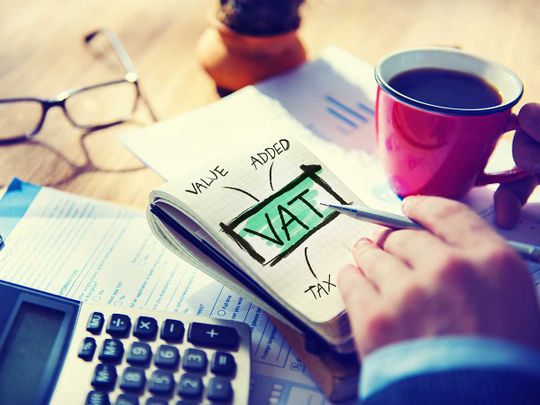
With the UAE’s VAT (value added tax) announcements, speculations are being circulated on the price level implications that the introduction could have. Before discussing that, how will UAE taxes be managed first of all? What are the price implications of introducing VAT, if any?
And how the VAT should be handled to ensure its smooth introduction, operations, as well as achieving the desired results from it coming online by 2018? First, it must be mentioned here that a Federal Tax Authority would be established under the Ministry of Finance to deal with all taxes, their revenues, rebates, and all related issues.
Having an independent ministry would have complicated matters given that the Ministry of Finance is in charge of the federal budget and its allocation to different federal ministries and entities, with the consideration, of course, of the revenues generated by those ministries or entities.
In a way, the Federal Tax Authority is similar to the Federal Customs Authority in its fellowship with the Ministry of Finance and in handling federal and local matters. That is, tax revenues will be generated by different emirates, which makes it necessary to have a mechanism set in place to facilitate revenue collection and the management of that.
The obvious answer to the second question is that prices will go up. But is that true? Well here is the thing.
Influencing price levels
Whenever VAT is introduced — or increased in other countries or even decreased — suppliers of the affected products or services make the decision that would influence price levels in the given country. In other words, if VAT is introduced or an existing one is increased, the supplier can choose to absorb the VAT and maintain prices at their pre-VAT levels.
In such a case, there should be no price level surge. On the contrary, if suppliers choose to pass the increase to their customers, then price levels will definitely increase. What is of concern here is how much prices would increase, because that wouldn’t necessarily be limited to the VAT level.
The reason being here is that suppliers could make use of the VAT introduction, or rate hike for existing VAT, to pass additional price hikes and blame it on VAT. In addition, suppliers may choose to not lower prices when VAT is reduced for instance — not likely, but for argument’s sake. This leads us to the answer to the third question.
With the establishment of the Federal Tax Authority, it should either individually or jointly with Consumer Protection put together a price monitoring system that ensures that all prices are recorded on regular basis so that monthly, quarterly, semi-annually, and annual average prices for all consumer-relevant products or services could be used to track down any possible price hike violations. And to ensure prices are not increased beyond VAT’s rate, the Authority, with or without Consumer Protection, should come to an agreement with cooperatives and different grocery chains in order to stabilise prices, especially for basic food staples. Also, it would be worthwhile to publish monthly average prices of such commodities so that all unethical price hikes will be reported by consumers and offenders can be then penalised in accordance to an established list of offences, penalties, and fines.
Great step forward
In conclusion, there is no way forward that is independent of oil without the introduction of taxes. Name it VAT, corporate, or any other; taxes will be a main component of the federal budget, and one with increasing importance.
The establishment of a Federal Tax Authority is a great step forward. However, the introduction of VAT and all other taxes would require tremendous back-end efforts to keep inflation in check. Stabilising prices would also mean that ridiculous price hikes will not discourage tourism.
The last thought that I want to leave you with: should VAT be refunded back to tourists, or not?
The writer is a commercial consultant and a commentator on economic affairs. You can follow him on Twitter at @aj_alshaali








